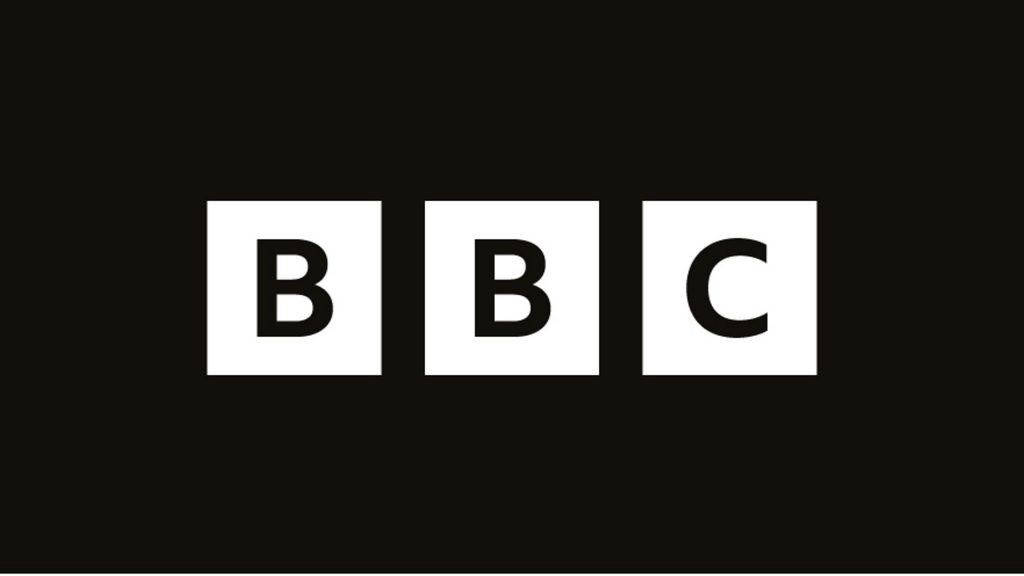The BBC is set out its annual plan for the coming year: more commercial deal and cuts appear to be on the agenda.
- Director General Tim Davie to make speech on Tuesday
- Annual plan often first place where planned changes to BBC services are made public
BBC Director General Tim Davie is to make a speech on Tuesday setting out the BBC’s plans for the future. There are rumours that plans could involve the end of long running, but expensive to produce programmes. The BBC looks set to announce more commercial partnerships as it prepares for the end of the licence fee in 2027.
The speech will coincide with the publication of the BBC annual plan this week. The plan, which is released at the end of March each year, sets out what the BBC will aim to do in the coming twelve months and beyond. In previous years, the plan has confirmed cuts to programmes and channels.
Some of the content in the Director General’s speech has been briefed to selected outlets, including The Guardian, who state Mr Davie’s comments indicate further changes to the corporation’s output and services.
There’s an ongoing debate over how the BBC can fund existing TV and radio services at the same time it’s expanding its online-only services.
Davie will also use his speech to warn against “US and Chinese algorithms” shaping what we watch, squeezing out British dramas.
Changes to BBC regulation mean annual plan is often the first time proposals go public
Changes to the way the BBC is regulated means some changes to BBC services no longer have to go through a full regulatory assessment. Previously, if the BBC wanted to make changes to services, this would have gone public via Ofcom.
In April last year, Ofcom confirmed that changes to the iPlayer and BBC Sounds are less likely to require a full regulatory assessment, due to them having a lower impact on competition.
As a result, the annual plan may now be the first time licence fee payers hear of plans that affect BBC services, particularly if this involves adding or removing services from the BBC’s online platforms.
Any changes to traditional BBC channels – e.g. those broadcast on digital terrestrial TV (commonly known as ‘Freeview’), Sky, Freesat and Virgin Media or DAB digital radio – still do need regulatory assessment. For example, the regulatory process has already begun on BBC proposals to launch new digital radio stations.
Marc Thornham

